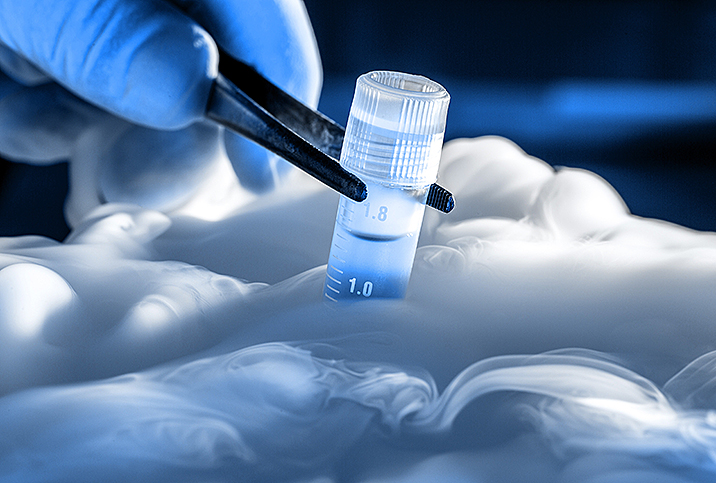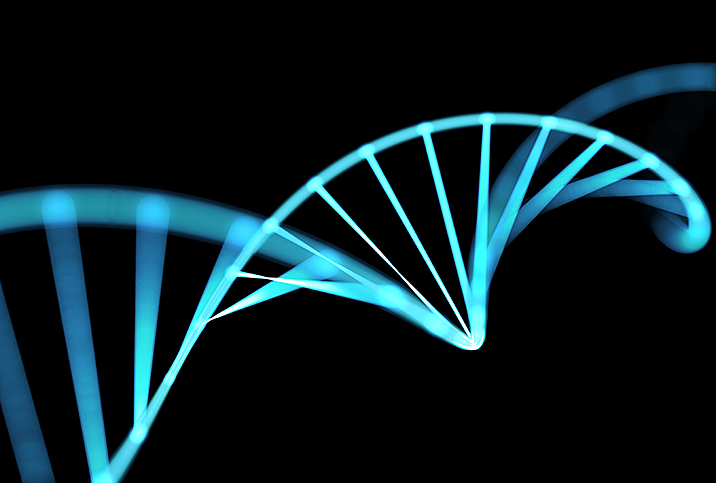Sperm Banks: Myths & Misconceptions

If your only passing thought about sperm banks is that it's a place where guys go to make some money by masturbating, you have revelations ahead. It's actually a complicated and involved process. Let's get the facts straight.
Myth: Anyone can become a sperm donor.
Reality: There are actually strict requirements for a man to qualify as a donor. In fact, only 1 percent of applicants qualify, so the criteria are quite rigorous. Also, donors don't often get the choice of just providing a sample when they feel like it—they have to follow a set schedule that allows the sperm bank to collect quality samples. While donors are well paid for their donation and the effort involved, the process can be quite rigorous and requires a time commitment.
Myth: There aren't many requirements that need to be met.
Reality: Expect a vigorous examination of your physique, medical history, family history and prevalence of sexually transmitted diseases. You'll also need to be between the ages of 18 and 39 in most cases, and be prepared for a full psychological evaluation and semen evaluation, too. The screening process is extensive, so individuals and couples seeking donated sperm can get answers to their questions, especially those relating to the traits their newborn child will likely have.
Myth: Sperm donors are selected for their appearance.
Reality: Donors aren't selected for their physical appearance. Though some people do choose sperm samples based solely on the physical features of the donor, intelligence and demeanor are also factors that are evaluated when couples or single individuals consult a sperm bank.
Myth: Sperm donors remain completely anonymous.
Reality: Sperm donors aren't always anonymous. Even if the donor has signed confidentiality forms, children of sperm donors have been able to find their biological fathers via DNA testing databases. These companies—including 23andMe, Ancestry and more—collect their user data in massive pools to boost the efficiency of their genealogy and ethnicity tracing techniques. Many participants do not fully understand or read all the fine print when they sign up and provide their DNA sample, and many times, this has led to children being provided the names and locations of their biological fathers.
Myth: Sperm banks will tell you if your sample is used.
Reality: Sperm banks won't always tell you if your sample is used, so you may never be sure. If you have any reservations about your sperm sample being used, being a donor may not be the best option. While donors are respected for their commitment and willingness to help others have a child, donor confidentiality and notification is an area of this process that remains undefined and is inconsistent in its methodology from state to state.
Donating sperm is a good way to help others conceive a child, and if you have the time and are healthy enough, it can be a good way to make a little income on the side. If you think you have the right stuff, discover more about the strict guidelines and find out if donating to a sperm bank makes sense for you.


















